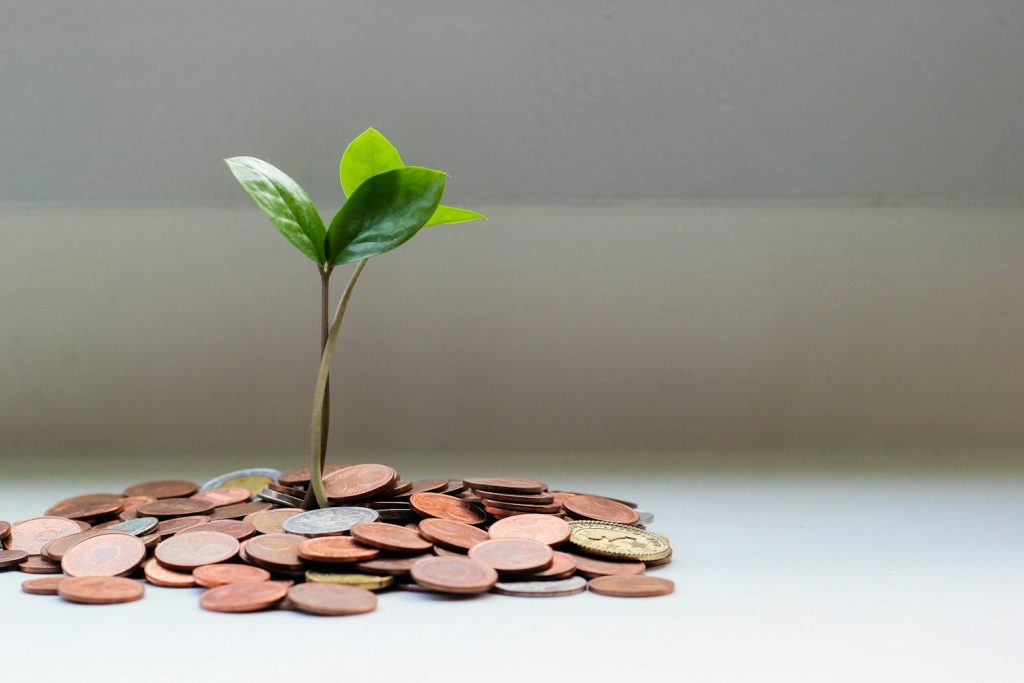The journey through secondary school is more than just achieving good grades; it is a time to build habits and skills that will serve students throughout life. One of the most valuable qualities to cultivate is a growth mindset. This means believing that abilities and intelligence can improve with effort, practice, and resilience. Students who embrace this perspective are more likely to persist through challenges, adapt to change, and take initiative in new situations.
A growth mindset also encourages curiosity. Rather than fearing mistakes, students can learn to see setbacks as opportunities for growth. This approach builds confidence and creates a foundation for continuous learning, an essential skill in a world where knowledge and demands are always evolving.
Strengthening Communication Skills
Clear communication is vital in both academic and professional settings. Secondary school offers many opportunities to improve this skill, whether through presentations, group projects, or extracurricular activities. Practicing how to express ideas clearly, listen attentively, and engage in respectful dialogue prepares students for future collaboration and leadership roles.
Strong communication also includes written skills. From essays to reports, students should focus on structuring their writing logically and learning how to adapt their tone for different audiences. These abilities not only support success in further studies but also in personal and professional interactions beyond school.
Building Time Management and Organisation

Balancing homework, exams, sports, and social life can feel overwhelming, but these demands provide a chance to practice effective time management. Students who learn how to prioritise tasks, create schedules, and meet deadlines gain independence and reduce stress. Developing these habits early ensures they are ready for the increasing responsibilities of higher education and future careers.
Organisation goes hand in hand with time management. Keeping notes, assignments, and resources in order builds discipline and prevents unnecessary setbacks. Even simple practices, like maintaining a calendar or setting aside regular study times, can make a lasting difference.
Exploring Interests and Passions
Secondary school is an ideal time to explore personal interests. Whether in science, the arts, sports, or social issues, students benefit from stepping outside their comfort zones and trying new activities. Extracurricular clubs, volunteering, and independent projects allow them to discover what excites them most.

Exploring interests helps students build a clearer sense of direction for their future. While it is normal for passions to change over time, experimenting early creates a broader perspective. These experiences may also uncover hidden strengths and help guide choices for further education or career paths.
Developing Critical Thinking and Problem-Solving Skills
In a rapidly changing world, the ability to analyse information and think independently is essential. Secondary school provides opportunities to sharpen critical thinking through class discussions, debates, and research projects. Asking questions, challenging assumptions, and weighing evidence help students develop a habit of deeper thinking rather than accepting information at face value.
Problem-solving is equally important. Working through complex tasks, whether in mathematics, science experiments, or even an MYP lesson, teaches students how to approach obstacles methodically. These skills not only boost academic success but also prepare them for decision-making in everyday life.
Prioritising Health and Well-Being
Preparing for the future is not just about academics—it is also about maintaining a healthy balance. Students should learn the importance of physical exercise, balanced nutrition, and adequate rest. A healthy body supports a focused mind, while poor habits can limit concentration and energy.
Equally, mental well-being should not be overlooked. Stress, peer pressure, and academic demands are common during school years. Developing coping strategies such as mindfulness, open communication with trusted adults, and relaxation techniques helps students manage challenges effectively. By prioritising health now, they build resilience that will benefit them in adulthood.
Gaining Real-World Experience
Secondary school students can also prepare for the future by engaging with experiences beyond the classroom. Part-time jobs, internships, or volunteer work provide valuable exposure to different environments and responsibilities. These experiences help students understand workplace expectations, build professional skills, and develop confidence in interacting with people of all ages.
Real-world experience also strengthens independence. By taking responsibility in new settings, students learn accountability and gain insights into potential career interests. Even short-term experiences can leave a lasting impression and enhance decision-making about the future.
Cultivating Financial Awareness
Basic financial literacy is another area where students can prepare themselves. Understanding how to budget, save, and use money responsibly is essential for independence later in life. Secondary school is a good time to practice managing allowances or earnings from part-time work.
Learning about financial responsibility helps students avoid common pitfalls such as overspending or unnecessary debt. By establishing smart money habits early, they gain confidence in handling future challenges, from higher education costs to managing income in their careers.
Building a Supportive Network
Support networks play a crucial role in personal and academic development. Teachers, family members, and peers can all provide guidance, encouragement, and feedback. Students should take the initiative to build relationships with mentors who can inspire and challenge them.
Equally, surrounding oneself with positive peers can reinforce motivation and confidence. A strong support system encourages collaboration, reduces isolation, and helps students stay focused on their goals. Knowing when to ask for help is just as important as striving for independence.
H2: Embracing Lifelong Learning
Perhaps the most important preparation for the future is cultivating an attitude of lifelong learning. Knowledge and skills do not stop growing after secondary school. Being open to new ideas, willing to adapt, and eager to continue learning ensures that students remain resilient and relevant in a changing world.
Lifelong learning is not limited to formal education. It includes pursuing hobbies, staying curious, and finding inspiration in everyday life. With this attitude, students see challenges not as barriers but as opportunities to expand their horizons.
H2: A Future Shaped by Today’s Choices
The secondary school years are more than a stepping stone to higher education or employment; they are a period of self-discovery, growth, and preparation. By developing essential skills, maintaining balance, and staying curious, students can lay a strong foundation for the life they want to create.
Every choice made today—whether in learning habits, relationships, or personal health—has the power to shape tomorrow. With intentional preparation, secondary school students can face the future not with uncertainty, but with confidence and readiness.
